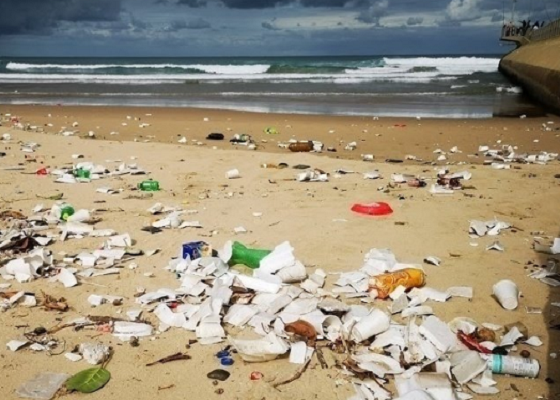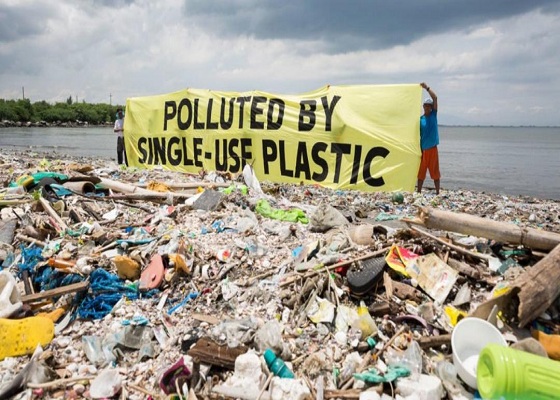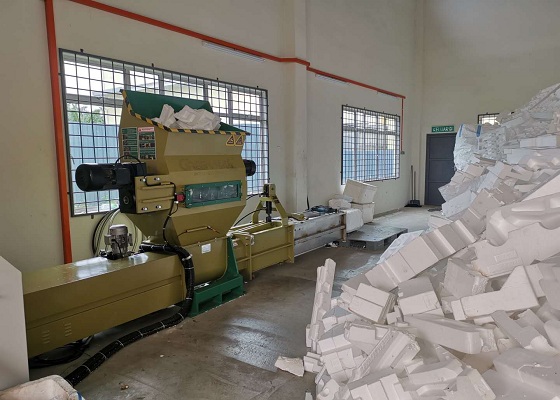Costa Rica only accounts for 0.03% of the Earth’s surface, but it accounts for 6% of the world’s biodiversity. Polystyrene is the main environmental pollutant in Costa Rica and must be controlled and controlled to protect and control plastic waste and other forms of pollution in order to protect one of the world’s most biologically diverse countries.

After the introduction of a national strategy to significantly reduce the use of plastics in 2021 last year, Costa Rica now further promotes environmental protection by prohibiting the use of polystyrene containers. A few days ago, the regulations were issued to use polystyrene in Costa Rica, ranging from $760 to $7,600.
The legislation is currently awaiting the signature of President Carlos Alvarado. “This initiative is a big step in public health, the environment and the national economy, because polystyrene creates huge pollution,” said legislator Paola Vega.

Polystyrene pollution is currently a problem facing the world. Among the existing solutions, the most effective one is prohibition, and the second is recycling. Costa Rica has adopted a banned approach, but the drawbacks of this approach are also obvious.
The reason why polystyrene can become a global problem is inseparable from the convenience it brings to human beings. The prohibition means that pollution is prohibited and convenience is prohibited. In the second method, the recycling method does not have such drawbacks. Polystyrene can be recycled, even in a reasonable way, even efficiently and cost-effectively, such as the purchase of a professional polystyrene compactor.

GREENMAX’s polystyrene compactor can compress waste polystyrene scrap in a ratio of 50:1. The polystyrene ingot produced can be accepted by the end market and made into imitation wood products such as photo frames. .
Whether it is forbidden or recycled, it is solving the problem of polsytrene pollution, and we are looking forward to a better environment.